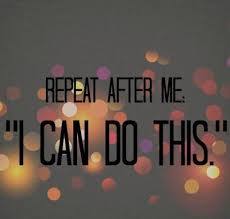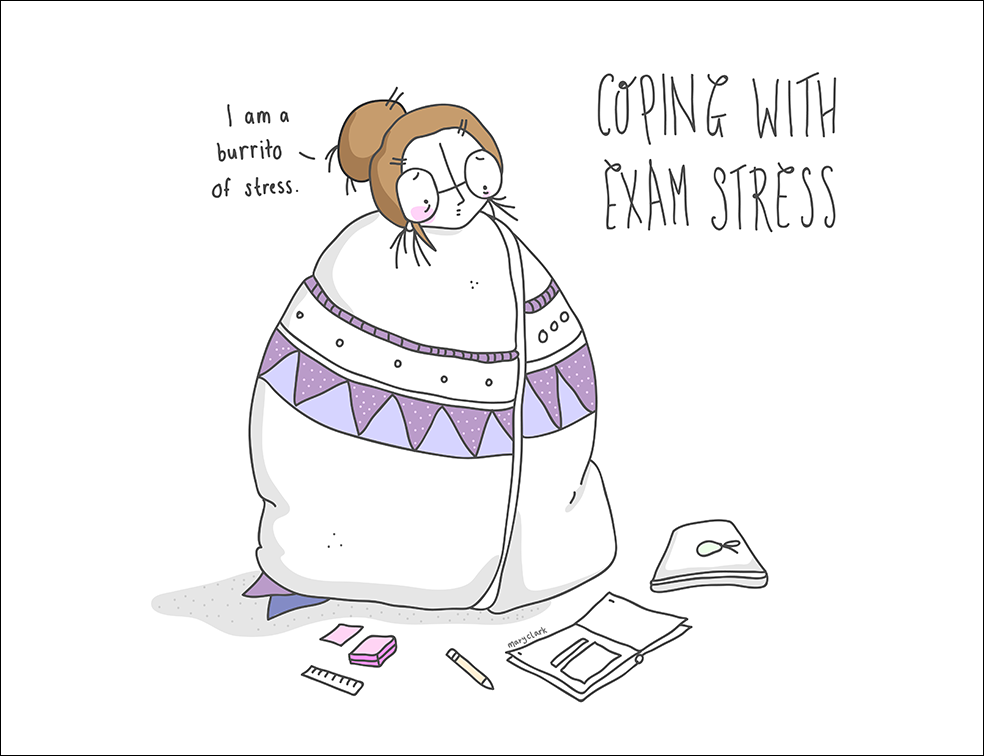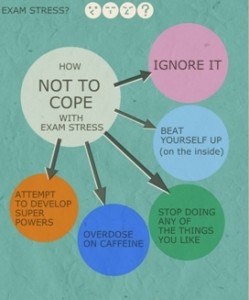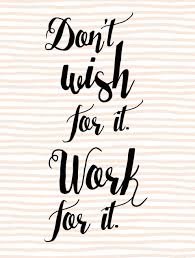
It is normal to feel worried about exams, but it’s really important that you try to achieve a healthy balance, as you prepare for and take your examinations this summer. Being kind to yourself, keeping things in perspective and being mindful of your well-being are absolutely crucial.
Keep it in perspective
- Lots of people will tell you this, because it’s true – exams aren’t everything. Whatever happens in your exams, you can still be successful in life afterwards. So, if you don’t do as well as you’d hoped, try to keep things in perspective.
- Employers don’t just look at your exam scores. They’re just as interested in your attitude, your transferable skills and how well you’ll get on with other people.
- Exam success doesn’t define you as a person. Everyone copes differently in different situations and there’s so much more to your personality than how well you can respond to an exam.
- Think about how far you’ve come already.
- Once you’ve done an exam, try to forget about it. There’s nothing you can do about it and worrying won’t change your mark. Try to resist asking other people what they wrote for a particular question or checking other peoples’ answers.
Get that organised feeling
- Picture your exams as a time-bound project. Are the mock exams 90 days away? That’s your 90 day challenge. Best of all, there’s a definite end point.
- Work out the basics: which exams you have, how the marks are allocated, and how much you have to learn for each one. Don’t expect to learn everything; but having in mind where you’ll get the marks can help you prioritise.
- Break your revision down into small chunks and form a plan. Once you’ve got a plan, you won’t have any more dilemmas at the start of the day about what to work on.
- Schedule in plenty of free time to unwind and protect this time. Nobody can work all day every day. If you give yourself plenty of rest, you can do the same amount of work in half the time or less.
- Equally, don’t panic if you go slightly off schedule – tomorrow is another day.
Get into some good habits
- These habits will help you concentrate as well as reducing stress:
- Take frequent breaks. Psychologists say we can only concentrate properly for 30-45 minutes. You could use a technique like Pomodoro, that helps you to take regular breaks. When you do take a break make sure you don’t stay at your desk, you could go for a walk or even just make a cup of tea!
- Eat well. Keep a good blood sugar level to avoid highs and lows of energy, by eating slow release foods like bread, rice, pasta, fruit and veg. Drink lots of water. People often underestimate how much hydration helps!
- Think about when and where you work best. Not everyone is a morning person, and some people don’t find the library a productive place to work. There’s no one best place or time to work – it’s about what works for you.
- Keep active. Even a short walk will do. Exercising is one of the quickest and most effective ways to de-stress. Fresh air will clear your head and perk you up.
- Try to get about 8 hours’ sleep a night. If you’re stressed about not being able to sleep, there are lots of ways to aid a good night’s sleep.
- Find activities that help you relax. Maybe it’s a hot bath, watching a TV show, or a creative activity. Schedule this down-time into your timetable.
Avoid bad habits
- Don’t set yourself ridiculous goals. Nobody can revise 10 topics in a day! Avoid setting the day up to be a disappointment.
- Don’t cut out all the enjoyment from your life. It’s tempting to decide you’ll just knuckle down to work and “focus”, but this is counterproductive – it’s impossible to focus without giving your brain rest by doing other activities.
Get support from friends and family
- Don’t be put off by friends saying that they are doing huge amounts of revision. As already mentioned, that’s probably not actually a productive or efficient way of working long term. One of the key reasons people feel exam stress is due to comparing themselves to other people.
- If you can, discuss with your parents what they are expecting you to achieve. Parents with steep or unrealistic expectations will just add unnecessary pressure. It’s helpful to let them know what you think you have the capacity to achieve, and to insist that the best way to get there is to have support from your parents, not pressure.
- If you’re feeling really worried or anxious, chat to a good friend, family member, or tutor. It helps to get it out of your system, and they may well be able to help think about practical strategies to deal with exam stress.
Information taken from the Student Minds website: www.studentminds.org.uk/examstress
Kooth
Kooth.com is a website you can use to get advice, support and guidance from qualified counsellors via a live chat service, or from young people your own age via moderated forums, for any problem, no matter how big or small.
Young Minds
Exam time can be a really stressful and challenging time for pupils and it can be especially hard for young people who are struggling with other areas of their school or home life. We asked young people to give us some wellbeing advice for exam time and put together this handy poster for you to use at school.
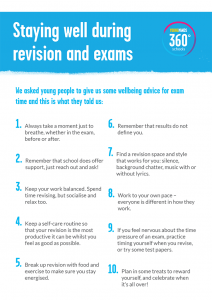 |
Pearson
The exam board, Pearson, has released some advice and guidance for pupils whilst they are preparing for their exams.
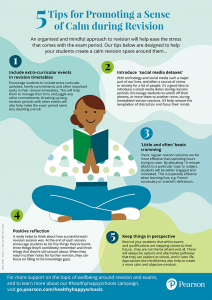 |
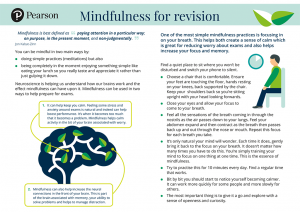 |
AQA
The exam board, AQA, has released some advice and guidance for pupils whilst they are preparing for their exams.


